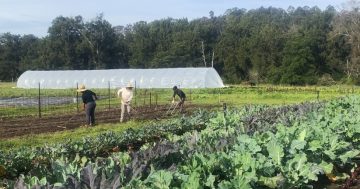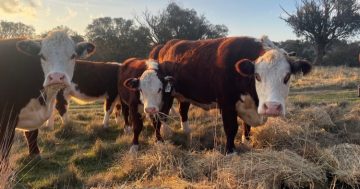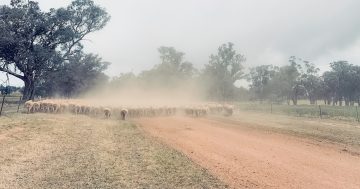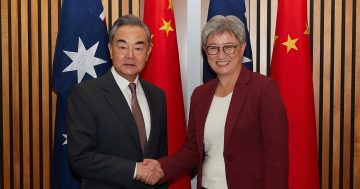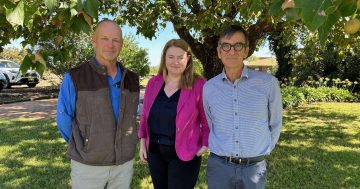 An analysis of Government subsidies available to or given to Australia’s farmers has been conducted by the Australian Bureau of Agricultural and Resource Economics and Sciences (ABARES) which found them to be among the lowest in the world.
An analysis of Government subsidies available to or given to Australia’s farmers has been conducted by the Australian Bureau of Agricultural and Resource Economics and Sciences (ABARES) which found them to be among the lowest in the world.
Head of Forecasting and Trade at ABARES, Jared Greenville said the Report, Analysis of government support for Australian agricultural producers, found that Australia had one of the lowest levels of agricultural support across the 37 member countries of the Organisation for Economic Co-operation and Development (OECD).
Dr Greenville said keeping subsidies low was important for both Australian producers and international markets.
“Australia’s reform experience shows that deregulating the agriculture sector and removing distorting forms of support spurs overall sector growth, increasing participation in global markets and the contribution that agriculture makes to the rural and national economy,” Dr Greenville said.
“Recent OECD research also points to the fact that countries that have lower subsidies have agricultural sectors that perform better, seeing farm incomes grow faster over time than heavily subsidised ones,” he said.
“The costs of increasing distortions to trade and subsidies are also felt more in countries that implement these policies than elsewhere.”
Dr Greenville said there were no targeted subsidies provided to Australian producers for the country’s most traded products—beef and veal and grains (which includes barley).
“In contrast, global levels of support for beef and veal were around 13 per cent of farm revenues, on average,” he said.
Minister for Agriculture, David Littleproud said the Report showed that Australian farmers don’t need to rely on handouts to thrive.
The Bureau’s 18-page report can be accessed at this PS News link.


